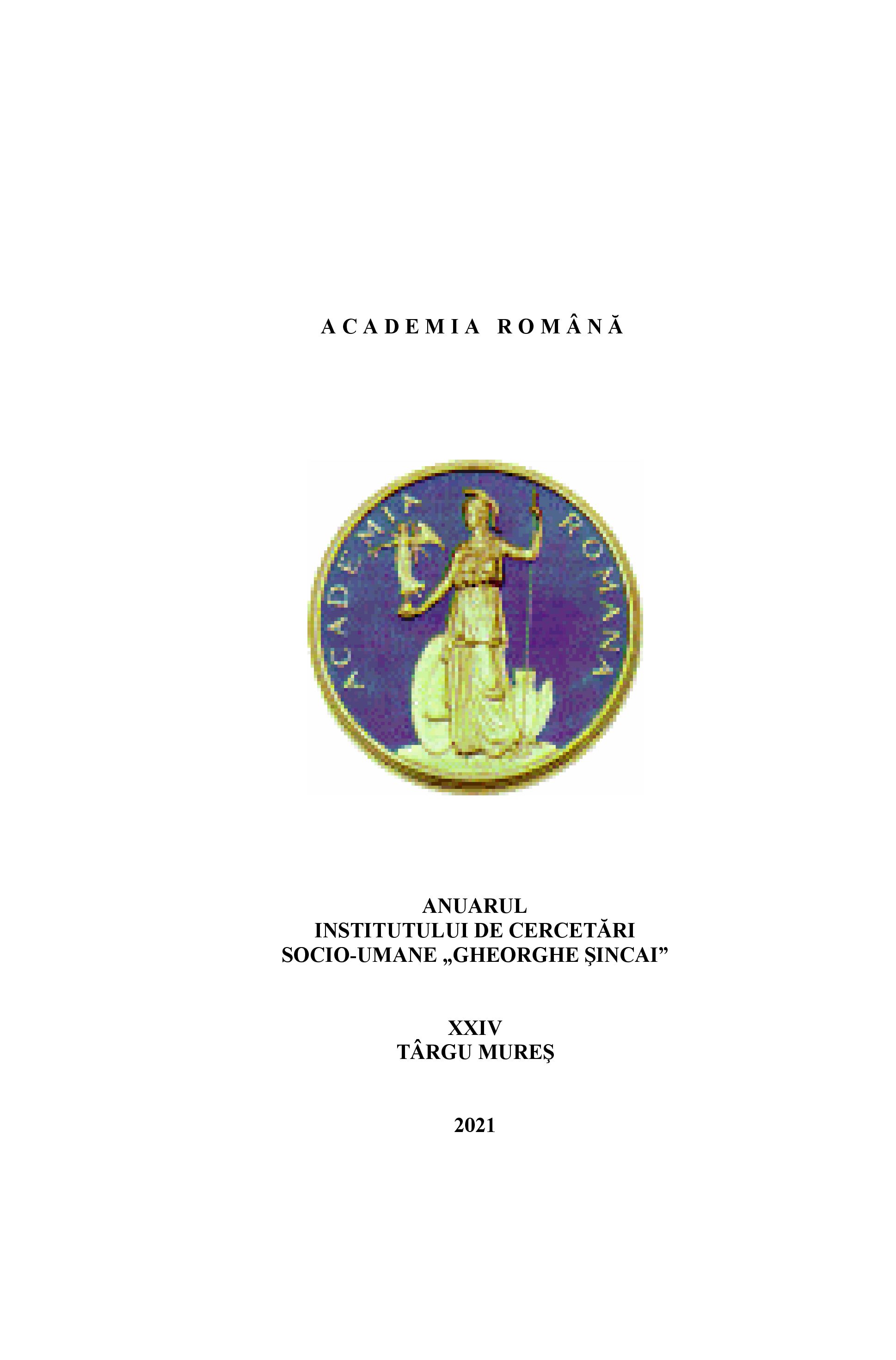Viața politică, economică, socială şi culturală din Luduș la începutul secolului al XX-lea
The political, economic, social and cultural life of Luduș at the beginning of the Twentieth century
Author(s): Ioan Antoniu BerarSubject(s): Cultural history, Economic history, Local History / Microhistory, Social history, Interwar Period (1920 - 1939)
Published by: Institutul de Cercetări Socio-Umane Gheorghe Şincai al Academiei Române
Keywords: Transylvania; Luduș; politics; schooling; economy;
Summary/Abstract: only 1.480 Romanians, the rest being Hungarians and Jews who owned the entire trade. The town was an estate centre (with 29 communes and a total population of 39.689 inhabitants) belonging to the county of Turda. Agriculture was the basic occupation of Luduș inhabitants. Plant culture was widespread due to fertile soils in the area. Weaker soils were fertilized with manure each year. The women of the plain worked a lot of wool and hemp from which they made fabrics and clothes for the whole family. And as there were large families in every house, the loom was indispensable. Large fairs were held every Tuesday (locals called them testimonies) and country fairs were held every three months. Hundreds, even thousands of traders or peasants were coming to the city with various products: grain, animals, handicrafts, eggs, cheese, and so on. The difference between Tuesday's and country fairs was that the latter were with a much greater abundance of products for sale and with traders.
Journal: Anuarul Institutului de Cercetări Socio-Umane »Gheorghe Şincai« al Academiei Române
- Issue Year: 2021
- Issue No: 24
- Page Range: 21-35
- Page Count: 15
- Language: Romanian

